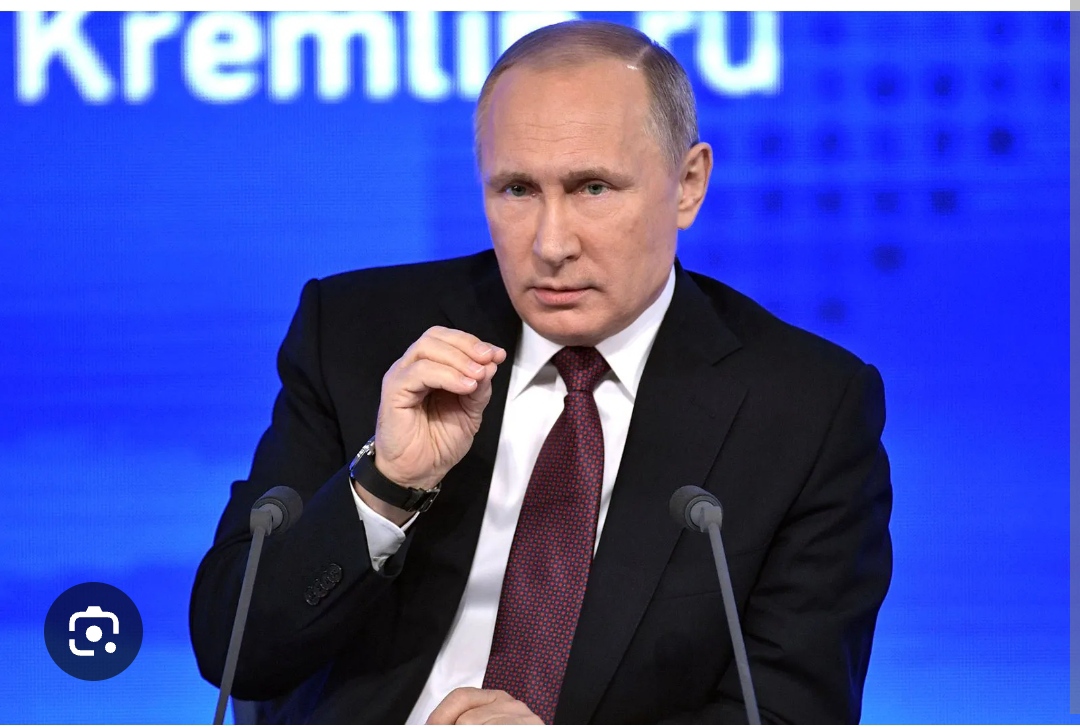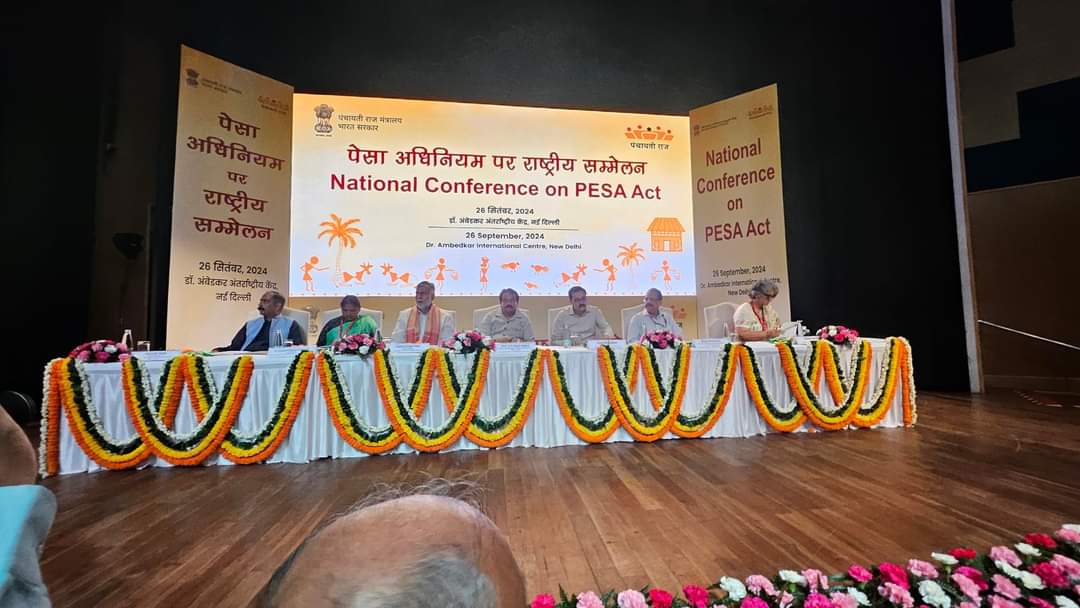Putin Threatens Direct Conflict if West Provides Missiles to Ukraine for Attacking Russia.
Moscow:
Russian President Vladimir Putin has issued a stark warning that the provision of advanced missiles from Western nations to Ukraine could escalate into a direct military confrontation between Russia and the West. This statement comes amid intensified international backing for Ukraine in its ongoing resistance against the Russian invasion.
In a recent address, Putin raised alarms about reports suggesting that Western allies might supply Ukraine with long-range missiles. He warned that such a move would cross a dangerous threshold, potentially leading to direct clashes between Russia and NATO countries. Putin argued that arming Ukraine with missiles capable of striking deep within Russian territory would significantly heighten the conflict, possibly provoking severe retaliatory measures from Moscow.
This warning reflects a broader trend of escalating rhetoric from Russia in response to increased Western military aid to Ukraine. As the war progresses, Western nations have provided Ukraine with advanced weaponry, financial support, and training. The potential delivery of long-range missiles is viewed by Russia as a major escalation, potentially altering the dynamics of the conflict.
Western officials have defended their assistance to Ukraine, framing it as vital for Kyiv’s defense against what they characterize as an unjustified invasion by Russia. They maintain that such support is crucial for preserving Ukraine’s sovereignty and territorial integrity.
The growing tension over the potential missile supply underscores the volatile nature of the current geopolitical landscape. The prospect of direct military engagement between Russia and Western powers introduces a new level of complexity to the conflict. As international deliberations continue, the global community remains vigilant, assessing the implications of these developments for regional and global stability.




